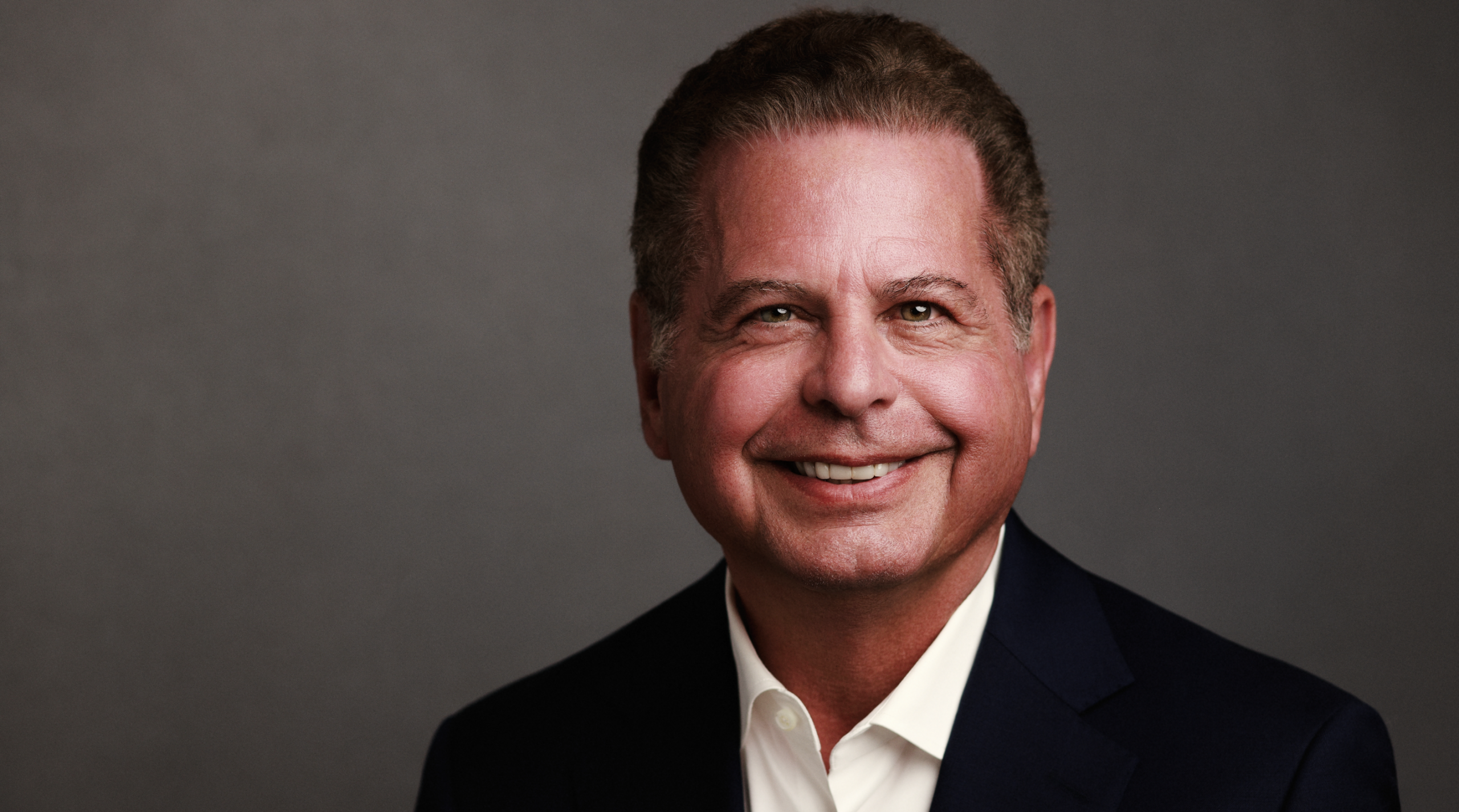Kent Heckenlively is an attorney, science teacher, and two-time New York Times bestselling author known for his fearless critique of institutional corruption. He is best recognized for coauthoring the PLAGUE series (Plague, Plague of Corruption, and Ending Plague) with Dr. Judy Mikovits and Dr. Francis Ruscetti, gaining acclaim for exposing controversial topics. His Plague of Corruption reached #2 on the NYT Bestsellers list in June 2020, sold over 200,000 copies, and is being adapted into a Liam Neeson–narrated documentary.
He also coauthored four books alongside Project Veritas whistleblowers, including Google Leaks, Behind the Mask of Facebook, This Was CNN, and The Diversity Con, and remains active in journalistic activism through the O’Keefe Media Group. His work often challenges censorship, with several books delisted or banned, including Inoculated, which resulted in a speaking ban in Australia. Two of his titles were named in a 2024 report on books reportedly censored at the request of the Biden administration. With more than 750,000 books in print, translations in ten languages, and over 15,000 Amazon reviews averaging 4.7/5, Heckenlively is regarded as one of America’s strongest voices against corruption in our institutions.
You’ve been called the “Voldemort of the literary world,” censored by Amazon and banned in Australia. Why do you think your work rattles the establishment so much?
I think it’s because I write in a very measured way. My books usually have three to four hundred references, and I approach things like a lawyer building a case. I’m not calling people names—I want conversation. But I also take on powerful vested interests, and I think that makes me dangerous in their eyes. They look at me, a lawyer and science teacher who comes across as a regular dad next door, and they realize that if people actually heard me out, they’d find my arguments rational and logical. That’s why they try to shut me down instead of engaging.
What is the common thread you’ve seen among whistleblowers you’ve worked with, like James O’Keefe and others?
The common thread is courage. Almost all of them have some kind of faith that makes them believe in something bigger than themselves, and that gives them the strength to keep going. Courage isn’t the absence of fear—it’s pressing forward despite fear. Every whistleblower I’ve worked with has been scared at some point, but they still pushed ahead because they believed the truth mattered more than their own comfort.
Looking back on the COVID era—lockdowns, mandates, masks—how do you think history will judge those policies?
I think history will see COVID as one of the great mistakes of our time. The real lesson is that we forgot to be skeptical of authority. For me, it was easier to recognize because I had already been involved in the vaccine-autism debates for nearly two decades, and I knew Anthony Fauci’s playbook from earlier battles with HIV, chronic fatigue syndrome, and other crises. When COVID hit, I recognized the same tactics immediately. The damage was enormous, but I hope we learn to question authority instead of blindly following it.
You’ve faced censorship, shadow-banning, and personal attacks. What keeps you going when it would be easier to stay silent?
Honestly, my enemies just aren’t that smart. If they actually challenged the research and pointed out flaws in my citations, maybe it would sting. But instead I get responses like, “Did you write your book with crayons?” I can’t take that seriously. I’d love to be criticized by someone well-informed—it would sharpen my work. But cheap personal attacks don’t get me down. In fact, I find them kind of funny.
You’ve written about information manipulation at Google, including their “Purple Rain” system. What did you uncover there?
When I worked with Zach Vorhies, a former Google engineer, we found internal documents about a system called Purple Rain. What it does is monitor breaking news stories and, within five minutes, start shaping the narrative around them. The first time they deployed it was during the Las Vegas shooting. The official story about Steven Paddock never made sense, but alternative explanations were wiped off the internet almost instantly. Purple Rain wasn’t just suppressing content from fringe blogs—it was pulling stories from outlets like ABC and CNN. Once you understand that systems like this exist, you can’t look at the news the same way again.
If conservatives want to push back against censorship, what should they do?
The most powerful thing conservatives can do is be happy and joyful. Humor is a weapon that the left has largely abandoned, and it’s something we should embrace. I tell people, if you want to fight back, look good, stay healthy, smile, and don’t lose your sense of humor. A joyful, humorous person will always have the upper hand over someone who is angry and humorless.
You often describe yourself as an optimist. Despite the challenges you’ve faced, what gives you hope moving forward?
What gives me hope is the belief that no matter what dark times we go through, we can learn from them. Even with COVID, even with censorship, people are waking up. Books like Plague of Corruption reached hundreds of thousands of readers, and even when platforms tried to silence me, the truth still got out. I believe in respectful dialogue, I believe in the spark of divinity within each person, and I believe that truth has a way of breaking through. That keeps me moving forward.

